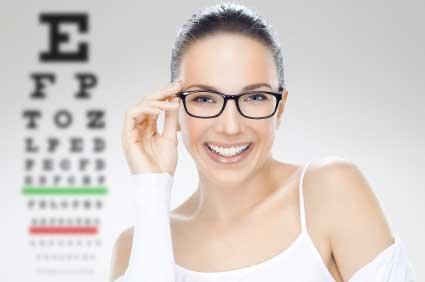
Most UK adults prefer glasses over contact lenses – Here’s why
New data from YouGov Profiles shows that the majority of Brits who require vision correction still overwhelmingly prefer prescription glasses to contact lenses. In fact, three in five adults say they wear only glasses (60%). Just 2% say they wear only contact lenses, while 8% use both.
There are gender splits too. Women are more likely to wear both glasses and contacts (12% vs. 5% of men), and slightly more likely than men to wear only glasses (62% vs. 58%). But across the board, glasses remain the go-to choice.
So why do so many people still choose glasses?
One simple reason: they’re easy. Among people who only wear prescription glasses, half (53%) say they don’t know if they could get used to contact lenses. Another 30% say glasses are easy to carry and don’t need much maintenance. Safety matters too - a quarter of glasses wearers think they’re a better option because there’s less risk of eye infections or damage.
Then there’s cost. Some 17% say glasses are less expensive than lenses, while 13% say contacts simply aren’t available for their specific vision problem. Style and self-expression may matter for some. One in 10 say glasses make them feel stylish and comfortable but for most, the decision seems to come down to practicality.
A deeper look at contact lens users
While only 2% of the population wears contact lenses exclusively, there’s a slightly higher uptake among men (3%) than women (1%). But when it comes to switching between the two, women take the lead: they’re more than twice as likely to wear both glasses and contacts. That could suggest more flexibility in how women approach their vision care—perhaps alternating based on activity, occasion, or comfort.
Still, the numbers point to one clear trend: contact lenses are far from the norm.
Methodology: YouGov Profiles is based on continuously collected data and rolling surveys, rather than from a single limited questionnaire. Profiles data for Great Britain is nationally representative and weighted by age, gender, education, region, and race.